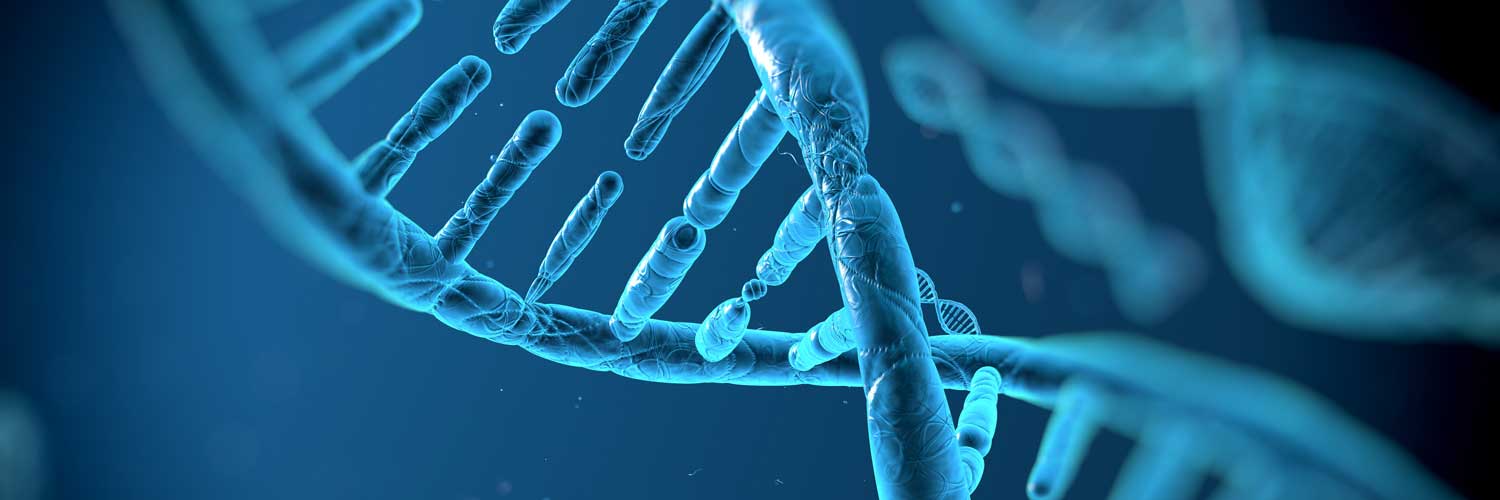Key points of male infertility
- Male infertility is defined as a condition preventing a man from getting his female partner pregnant after a year of regular unprotected intercourse.
- There are various causes of infertility in men, including low sperm concentration, poor motility (how the sperm move) and impaired delivery of the sperm to the egg.
- Approximately 20% of couples’ infertility is due to male fertility factors and it is a contributing factor in another 30%-40% of cases.
- To diagnose male infertility, Ember’s fertility specialists conduct testing that includes a physical exam, evaluation of medical history and semen analysis.
- Ember offers same-day semen analysis results (if submitted before noon) and provides Male-FactorPak condoms by Rhea Care for patients unable to collect sperm through masturbation due to religious or personal reasons.
- Depending on the underlying cause, treatment options may include lifestyle changes, medication, surgery or assisted reproductive technology such as intrauterine insemination (IUI) and in vitro fertilization (IVF).

At Ember, everyone is a VIP – very important patient
And we have a thing for the small things: Each Ember patient gets a dedicated fertility coordinator, a patient’s personal care guide through every clinic detail, from the very first phone call to meeting your little miracle.
What is male infertility?
Male infertility is a common condition that can cause difficulties for couples trying to conceive due in part or entirely to male factors. According to the American Society for Reproductive Medicine, roughly one half of infertile couples have male factor causes.
The time frame for suspecting male infertility is when conception has not occurred after a year of trying with unprotected intercourse. If a man suspects problems, it is essential to understand the various causes, seek professional medical advice, and undergo timely diagnosis and treatment. With advancements in technology and medical science, many options are available to help couples achieve their dream.
Causes of male infertility
The cause of male infertility is rarely obvious and most always revolves around the ability to make healthy sperm. Many times, it’s simply that sperm quality has decreased or is too low, which makes it difficult for the man to conceive a child. In some cases, male infertility is caused by medical problems such as a hormonal imbalance or an anatomical defect in the reproductive organs. These physical issues can be caught through screening tests and further examination.
Who does male infertility affect?
Male infertility affects both young and older men. Men with erectile dysfunction, premature ejaculation or blockages in the genital tract stopping the flow of semen can be infertile. This could result from scar tissue or genetic defects, either from birth or that develop afterward.
Causes and risk factors associated with infertility in men include, but aren’t limited to:
- Infection or inflammation from a sexually transmitted disease may block semen.
- Past medical procedures such as cancer treatment and vasectomy (see below on vasectomy reversal).
- Other medical conditions like diabetes.
- Genetic diseases, such as cystic fibrosis or hemochromatosis.
- Injury to the testicles.
- Early or late puberty.
- Age naturally causes testosterone levels to decline, which may be one of the reasons why older men are more likely to experience fertility problems.
In addition to uncontrollable physical causes, male infertility is impacted by lifestyle factors such as excessive smoking, alcohol consumption and weight (obesity). Exposure to toxins, such as pesticides, herbicides and heavy metals can cause infertility. Stress is also known to have a negative effect on sperm production, so managing stress levels is important for maintaining fertility.
Symptoms of infertility in men
Male infertility may not always have obvious symptoms, but some signs can include difficulty achieving or maintaining an erection, pain or swelling in the testicles, abnormal sperm count, and decreased facial or body hair. In some cases, there may be no noticeable symptoms at all except inability to achieve pregnancy.
Fertility tests for men & diagnosis
Testing for male infertility involves semen analysis and physical examination. Our fertility specialist, Dr. William Freije, may also perform additional testing such as blood tests, ultrasound, genetic testing or biopsy to better diagnose the root cause of issues conceiving.
During a semen analysis, our andrologist will evaluate factors such as:
- Motility (movement) of the sperm.
- Morphology (shape) of the sperm.
- Semen quality, including consistency, alkalinity and acidity of the semen, which can impair sperm motility and morphology.
- Volume of sperm per ejaculated semen.
- Signs of white blood cells, an indication of a semen abnormality.
Male infertility treatment
If diagnosing male infertility, our doctor will likely recommend a number of treatments and/or lifestyle changes. We always recommend less invasive treatments that have a good chance for success. Depending on the underlying cause, these treatments may include:
- Lifestyle changes – In some cases specific lifestyle changes are recommended, such as quitting smoking, moderate alcohol consumption, eating a healthy diet, losing weight, reducing stress and avoiding certain drugs. These changes may improve odds of conceiving a child.
- Medication – This can include hormone therapies to improve sperm production. It can also include antibiotics to treat any infections found in semen.
- Surgery – In some cases, surgery may be necessary to retrieve sperm or repair problems with the reproductive system such as blockages in the tubes that carry sperm.
- Assisted reproductive technology – If other treatments have not been successful, assisted reproductive techniques such as IUI (intrauterine insemination), IVF (in vitro fertilization) and IVF with ICSI (intracytoplasmic sperm injection) may be recommended.
- Vasectomy reversal – If the underlying cause is a vasectomy, a surgery can reconnect the tubes that carry sperm from the testicles into the semen to restore fertility. Most vasectomies can be reversed, but this doesn’t guarantee success in conceiving a child.
Our expertise in vasectomy reversal
A vasectomy is intended to render a man infertile. But men and their partners often change their minds and wish to reverse that. Dr. Freije is particularly experienced in vasectomy reversals.
After a vasectomy, patients have two options to help restore their fertility. Vasectomy reversal or IVF combined with ICSI after testicular sperm aspiration (TESE). TESE involves extracting sperm directly from the testicles. Lab Director Dr. Avisa Asemi has considerable experience with TESE, which she performed in Iran on men with war injuries. We have successful TESE cases working in conjunction with noted urologist Dr. Aaron Spitz at a medical campus within walking distance of Ember.
TESE can be a viable option for men with low sperm count or poor sperm motility, as it can extract viable sperm from the testicles even when it is absent in the ejaculate. Most patients can expect good results combining IVF/ICSI with TESE after vasectomy as long as there are no additional severe causes of female infertility. In some instances, male donor sperm is needed with IVF.
Related reading: Male infertility surgery

Revolutionize your fertility journey with cutting-edge lab technology
At Ember, we are always looking for the latest and greatest in fertility treatments. Our skilled lab director and technicians utilize Zymot sperm separation devices, a revolutionary way to select the best sperm for fertility treatments. This service is offered to all Ember patients at no additional charge.
Traditional sperm selection methods are often ineffective, as they only rely on physical characteristics such as motility or morphology. Utilizing Zymot, on the other hand, our technicians can select sperm based on their genetic quality. This means that only the healthiest and most viable sperm are selected for use in fertility treatments. This is particularly beneficial for couples who have struggled with infertility or have a history of genetic abnormalities.
For men with no detectable sperm, using a sperm donor can be a viable option for achieving pregnancy. At Ember, we understand the emotional journey of infertility and we are here to help. Our clinic partners with a local sperm bank founded by a urologist that provides high quality sperm donors for those in need. We are thrilled to collaborate with this respected institution and offer our patients the best possible chances for a successful outcome.




